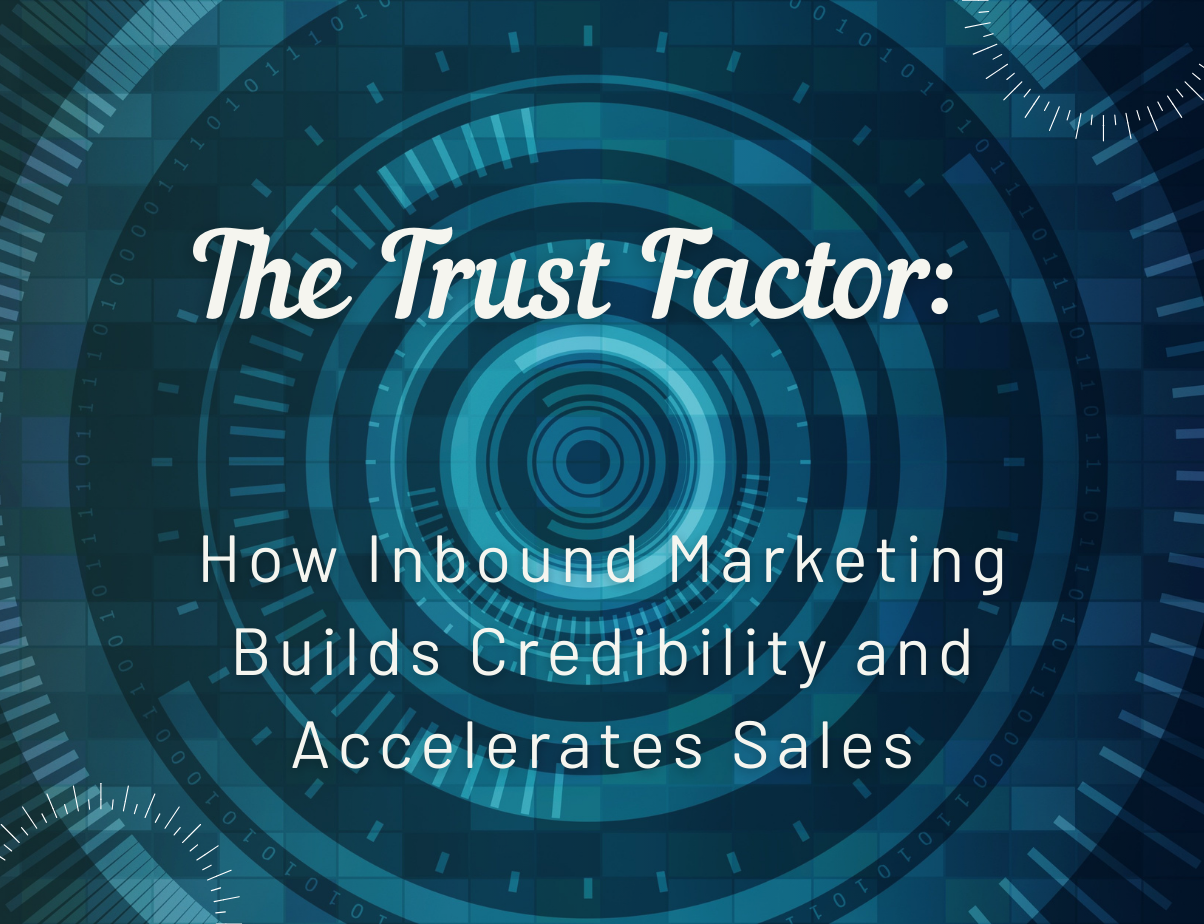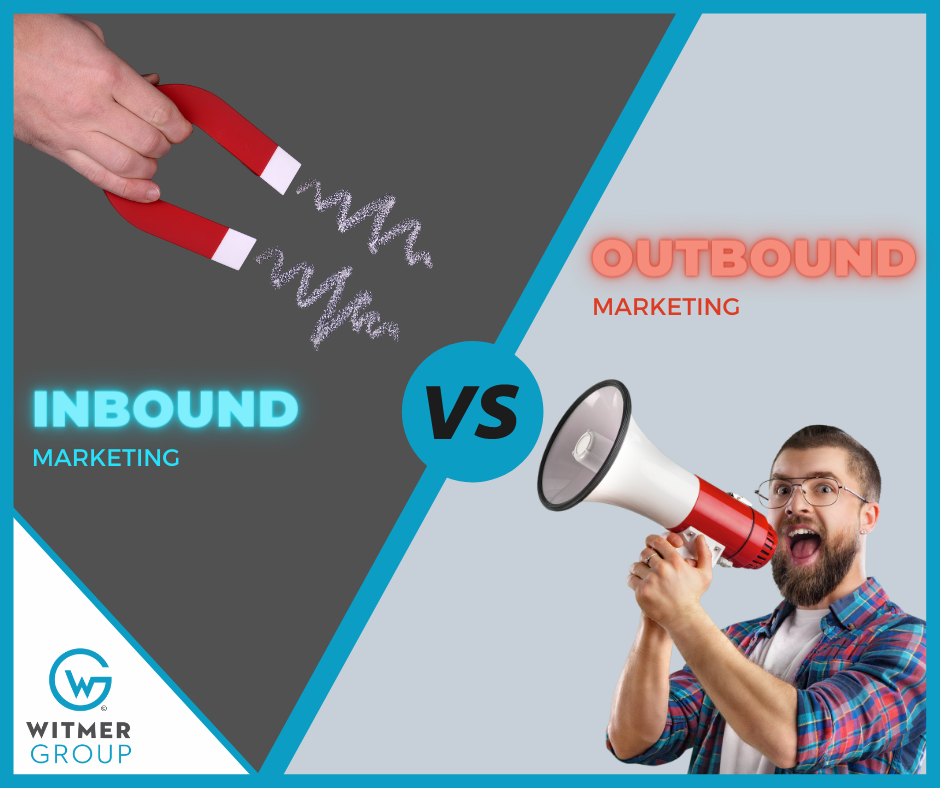Marketing's Role in Sales Enablement: It's More Than Online Visibility

Enduring success relies on marketing and sales working as a team.
While marketing and sales are often thought of as one in the same, they are different, yet collaborative. Marketing supports online visibility, giving your brand or business prominence on digital platforms such as search engines, social media, and other websites.
Online visibility is crucial because it’s how potential customers can easily find your products and services. Studies show that 88% of online consumer research is done online before making a buying decision.
Marketing, however, goes well beyond online visibility, powering the interest and awareness that creates sales enablement, ensuring the flow of new prospects into the sales funnel.
While marketing is busy creating and distributing content, building brand recognition, and attracting potential customers, sales steps in to interact directly with leads to convert them to paying customers. They do this by actively persuading potential customers through personalized communication and negotiation tactics. In other words, marketing ‘sets the stage’ for sales, enabling them to close the deals.
In a best-case scenario, marketing and sales work hand-in-hand synergistically. This blog post will explore the ways in which marketing can empower sales teams to close more deals and drive business growth.
Strategic Ways Marketing Can Enable Sales
Lead Generation and Qualification: Marketing can play a crucial role in generating high-quality leads through targeted campaigns and content. Marketing can also help qualify these leads, ensuring that sales teams are focusing their efforts on the most promising prospects. Lead generation tactics might include:- Website forms - Collecting contact information through forms on a website, often in exchange for valuable content like eBooks or webinars.
- Social media campaigns - Engaging potential customers on social platforms to capture their details
- Email marketing - Building email lists through opt-in forms and sending targeted email campaigns
- Content marketing - Creating informative blog posts, videos, and other content to attract and educate potential customers
- Paid advertising - Utilizing platforms like Google Ads and social media ads to reach a wider audience
- Developing sales enablement Materials - Crafting comprehensive sales decks, product brochures, customer testimonials, and other collateral that can be used during sales interactions.
- Providing market intelligence - Sharing market research data, competitor analysis, and industry trends to help salespeople understand the competitive landscape and tailor their pitches accordingly.
- Creating targeted content for different sales stages - Developing content like blog posts, webinars, and whitepapers that address customer pain points at each stage of the sales cycle.
- Lead nurturing campaigns - Implementing email marketing strategies to educate and engage potential customers before they reach the sales team.
- Sales training workshops - Conducting training sessions to equip sales reps with the latest product knowledge, messaging, and sales techniques.
- Customer persona development - Creating detailed buyer personas that help sales reps understand customer needs and motivations better.
- Sales pitch coaching - Providing feedback on sales presentations and role-playing scenarios to improve sales communication skills.
- Measuring sales performance - Tracking key metrics like conversion rates and lead quality to identify areas for improvement and optimize marketing efforts.
- Product knowledge workshops - Deep dives into product features, benefits, and use cases to ensure salespeople can accurately answer customer questions.
- Competitive analysis sessions - Training on understanding competitor offerings, strengths, and weaknesses to effectively differentiate your product.
- Sales messaging training - Developing clear and compelling messaging that resonates with target customers, aligned with marketing messaging.
- Lead generation strategy training - Coaching on prospecting methods like cold calling, email outreach, and social selling to generate qualified leads.
- Customer pain point identification - Training salespeople to identify and understand the specific challenges customers face to tailor solutions effectively.
- Objection handling training - Role-playing scenarios to practice overcoming common customer objections and concerns.
- Closing techniques workshops - Techniques for guiding customers through the sales process and securing a sale.
- Building rapport training - Developing skills to establish trust and positive relationships with potential customers.
- Sales enablement tools creation - Providing sales teams with marketing-developed materials like pitch decks, customer testimonials, and case studies to support sales conversations.
- CRM training - Training on using the customer relationship management system to effectively manage leads, opportunities, and customer interactions.
- Social selling training - Guidance on leveraging social media platforms to engage with potential customers and build brand awareness.
Competitive Intelligence: Marketing can gather and analyze competitive intelligence, providing sales teams with the insights they need to position the company's offerings effectively against the competition.
Customer Advocacy: Marketing can help cultivate customer advocates who can act as brand ambassadors and provide testimonials that can be used in the sales process.
Building a Strong Marketing-Sales Partnership
To maximize the impact of marketing on sales, it's essential to foster a strong partnership between the two teams. This requires open communication, shared goals, and a commitment to collaboration. A strong marketing/sales partnership will drive business growth.
Conclusion
Marketing can play a pivotal role in supporting sales. By focusing on lead generation, sales enablement content, training, competitive intelligence, and customer advocacy, marketing can empower sales teams to close more deals and achieve their revenue targets.
A final thought: Ideally, sales and marketing teams that work together achieve more and reach the same shared, high-level goal -- growing the business.
Witmer Group invites you to subscribe to our newsletter for many more helpful marketing insights. Contact us with questions, a quick chat or more.


